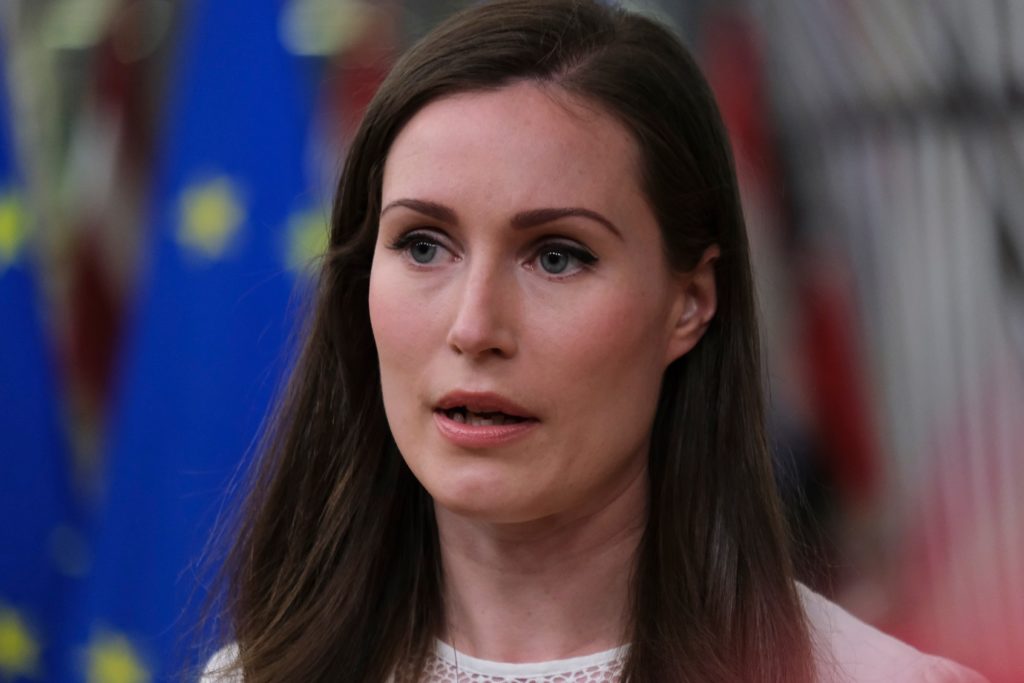Finland could soon become the first country in the world to legally commit to carbon negativity.
On Wednesday, the Finnish parliament approved a new Climate Change Act, that would legislate a policy of carbon neutrality by 2035 and carbon negativity by 2040.
The new Climate Change Act would improve Finland’s absolute emissions targets to include at least 60 per cent reduction in carbon emissions by 2030, 80 per cent by 2040 and at least 90 per cent but aiming for 95 per cent by 2050 – compared to levels in 1990.
“It will ensure that the carbon neutrality target 2035 is maintained and that climate work continues beyond electoral terms,” Finland’s Minister of the Environment and Climate Change Emma Kari said when the proposed Climate Change Act was approved.
“The Climate Change Act is also a strong signal to companies that in this country clean solutions are worth investing in. I am particularly proud that the preparation of the Climate Change Act has been carried out in close cooperation with researchers, and the objectives set in the Act are based on scientific recommendations.
“Finland’s aim to build a fossil-free welfare state is a question that is related not only to the climate crisis but also to security policy. The faster we phase out our dependency on fossil resources, the better for the climate and for the security of Finland and Europe as a whole.”
In 2021, Finland’s Prime Minister Sanna Marin wrote an article published by the World Economic Forum, explaining her government’s approach to the climate crisis.
“Climate change and biodiversity loss are the most pressing challenges of our time, so all responsible political leaders must offer long-term policies for confronting them effectively,” Marin said. “We need clear strategies based on achievable targets, and we must be bold in deploying all means at our disposal. In particular, any credible climate strategy must take proper account of technological innovation.”
“But technology will not solve the climate crisis for us. We also need to create the right policy environment.
“The global transition away from fossil fuels will require a transformational shift in energy production and industrial processes. Even then, much more work will need to be done to develop a genuinely circular and green economy.
“The bottom line is that global emissions must peak soon if we want to achieve our emissions-reduction targets and avert future climate disasters. The full suite of promising new technologies will need to be developed, optimized, and deployed globally if we are going to create a fully climate-neutral, circular world economy.”

When she was elected as leader of Finland, Sanna Marin was the world’s youngest prime minister, at age 34. She leads a 5-party coalition government led by women.
Finland’s government has also recently proposed reform to its Nature Conservation Act designed to prevent further biodiversity loss. New features of the conservation act include strengthening the protection of habitats, prohibiting ore exploration in national parks, and facilitating the removal of invasive species from protected areas.


